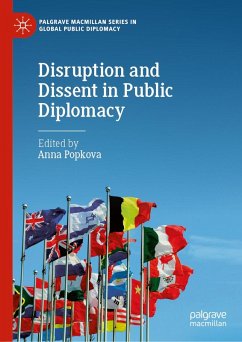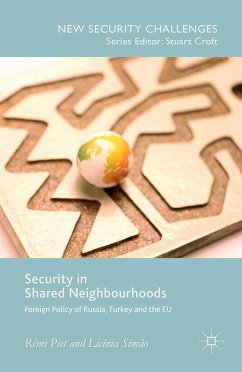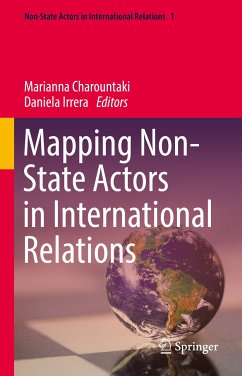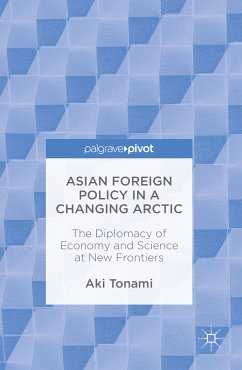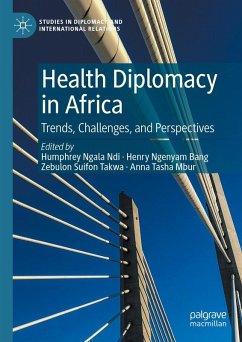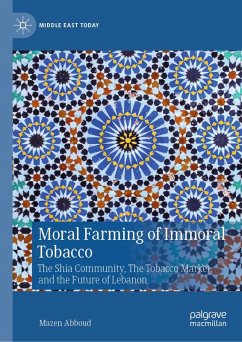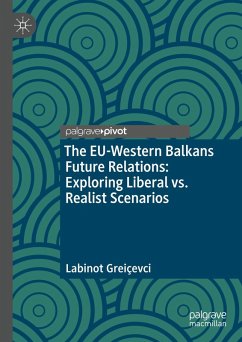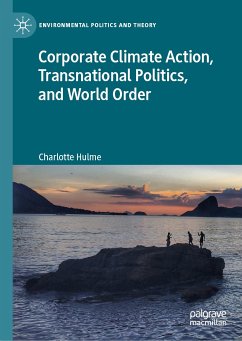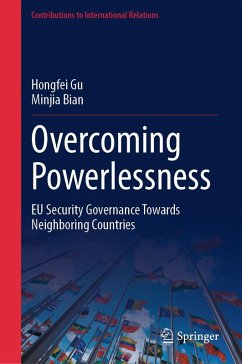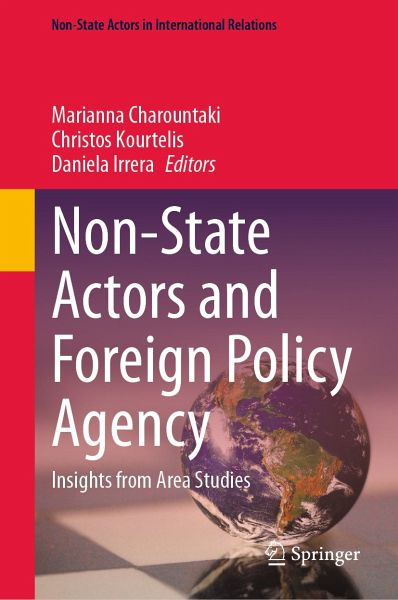
Non-State Actors and Foreign Policy Agency (eBook, PDF)
Insights from Area Studies
Redaktion: Charountaki, Marianna; Irrera, Daniela; Kourtelis, Christos
Versandkostenfrei!
Sofort per Download lieferbar
88,95 €
inkl. MwSt.
Weitere Ausgaben:

PAYBACK Punkte
44 °P sammeln!
This edited volume discusses non-state actors as agents of foreign policy. It questions whether non-state actors can act as foreign policy makers and if the contemporary role of non-state actors constitutes a theoretical challenge to foreign policy. Chapters demonstrate the impact of non-state entities through the lenses of their direct role as decision-makers, with examples drawn from the African continent, the Middle East, Europe, and Asia. Arguing for the necessity of approaching foreign policy in a broader frame, beyond the scope of the state and the individual, the book fills a gap in the...
This edited volume discusses non-state actors as agents of foreign policy. It questions whether non-state actors can act as foreign policy makers and if the contemporary role of non-state actors constitutes a theoretical challenge to foreign policy. Chapters demonstrate the impact of non-state entities through the lenses of their direct role as decision-makers, with examples drawn from the African continent, the Middle East, Europe, and Asia. Arguing for the necessity of approaching foreign policy in a broader frame, beyond the scope of the state and the individual, the book fills a gap in the literature and creates a closer nexus between area studies and foreign policy. This volume will be of interest to both academics and practitioners across the fields of international relations, foreign policy analysis, and area studies.
Dieser Download kann aus rechtlichen Gründen nur mit Rechnungsadresse in A, B, BG, CY, CZ, D, DK, EW, E, FIN, F, GR, HR, H, IRL, I, LT, L, LR, M, NL, PL, P, R, S, SLO, SK ausgeliefert werden.



